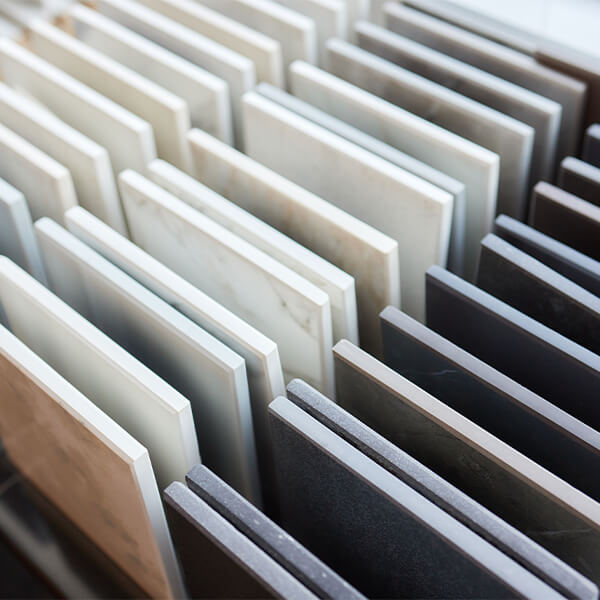Ceramic

Hydrous & Calcined Kaolin Enhancing Ceramics Performance
Hydrous kaolin, or china clay, is the natural, unprocessed form of kaolin that contains water within its structure. It is prized in the ceramics industry for its high plasticity, making it ideal for molding and shaping detailed pieces such as porcelain, pottery, and ceramic tiles.
Calcined kaolin, produced by heating hydrous kaolin to high temperatures, has distinct properties that make it ideal for specific high-performance ceramic applications. The calcination process removes water content, enhancing the material’s refractoriness and strength, allowing it to withstand higher temperatures.
Hydrous Kaolin in Ceramics
Plasticity and Workability
- Hydrous kaolin has high plasticity, making it ideal for molding and shaping. It is used for creating detailed shapes in ceramics.
Properties
- High alumina content provides strength, stability, durability, and resilience.
- Hydrous kaolin has high plasticity, making it ideal for molding and shaping. It is used for creating detailed shapes in ceramics.
Applications
- Used in porcelain, stoneware, earthenware, tiles, bricks, and ceramic glazes.
Calcined Kaolin in Ceramics
Refractoriness and Durability
- Calcined kaolin, after being heated to high temperatures, has improved strength and high-temperature resistance.
Properties
- Lower plasticity than hydrous kaolin, suitable as a filler or reinforcing agent.
- Increases chemical stability and enhances the mechanical properties of ceramics.
Applications
- Used in refractory ceramics, fine china, premium porcelain, high-performance tiles and bricks, sanitaryware, and glazes.
Conclusion
- Hydrous Kaolin is best for detailed, high-quality ceramics requiring plasticity and smooth finishes.
- Calcined Kaolin excels in high-performance applications needing strength, durability, and high-temperature resistance.

